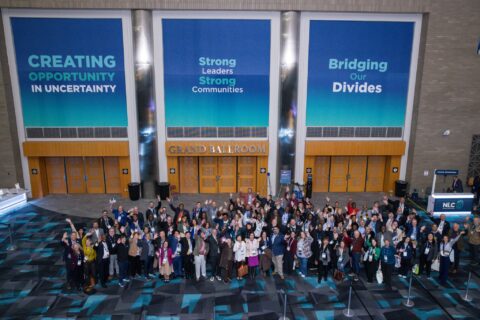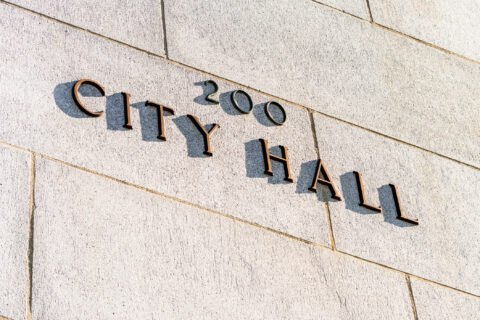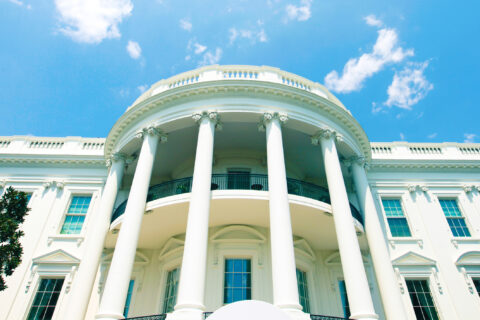Millions of Americans lost their jobs or saw their incomes reduced as a result of the COVID-19 pandemic. As a consequence of this decrease in income, many individuals and families fell behind on their utility payments. To help people stay in their homes and stay safe, 34 states imposed moratoriums on utility shutoffs, according to data compiled by the National Association of Regulatory Utility Commissioners (NARUC).

This public safety measure that helped people stay in their homes came at a cost; at some point the moratoriums would be lifted and people would owe all or part of the arrearages on utility payments.
The Coronavirus State and Local Fiscal Recovery Fund (SLFRF) provides local governments flexibility in using their funds to provide direct cash transfers to residents for utility bills. The problem with this is that a direct cash transfer might be considered income to the recipient.
Last week, the IRS issued a fact sheet that direct cash transfers made by a locality with SLFRF monies is not included in gross income of the recipient (see 26 U.S.C. 139(b)).
Importantly for cities, towns and villages that provided direct aid to residents, the administrative burden of needing to furnish the IRS with an information reporting document—1099-MISC—is not required, according to the fact sheet. Keeping track of the reporting could have dissuaded some municipalities from providing this relief to residents.
The National League of Cities (NLC) in a July 1 comment letter to the Treasury on the SLFRF program urged the government to make direct cash transfers non-taxable to recipients. NLC also joined a coalition of groups in sending a letter to Congress on this issue, calling for a definitive ruling on whether or not direct cash payments for utilities would be taxable to the recipient.
The fact sheet also contains other important information for cities, towns, and villages.
First, certain other cash transfers to individuals are not considered income. For example, a direct cash transfer to assist with childcare resulting from the Covid-19 pandemic is not considered taxable income to the recipient if the program meets certain criteria. For cities, towns, and villages, this means that they will not have to provide the IRS with a 1099-MISC for each recipient.
Second, premium pay amounts are considered wages and must be included gross income of the recipient. Cities, towns and villages should note that the IRS fact sheet states that municipalities are required to withhold applicable taxes—federal income, Social Security, and Medicare taxes.
Lastly, any payment from the SLFRF that could be considered compensation for services, even a one-time payment (such as a hiring “bonus”), is considered wages. Again, municipalities must withhold Federal income, Social Security, and Medicare taxes for this income.
Become a NLC Member
Join our network and get access to timely resources, proven best practices, and connections to peer networks.











